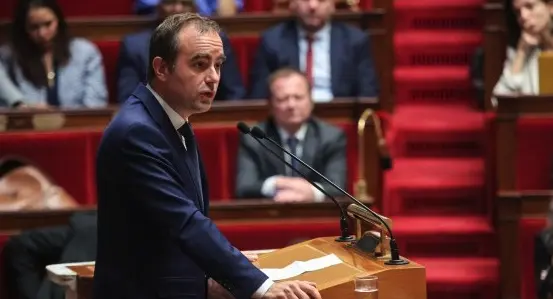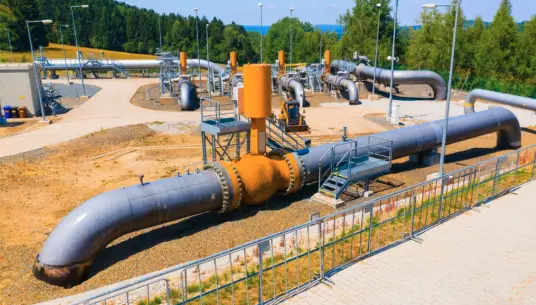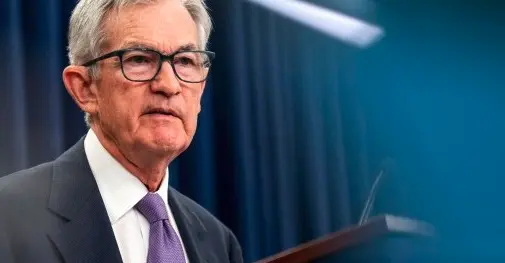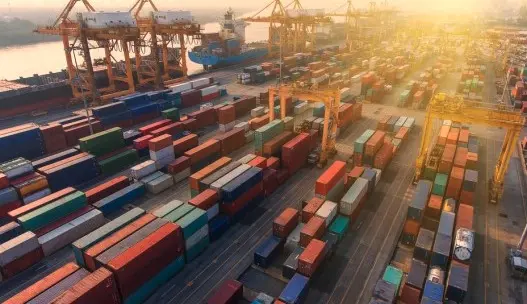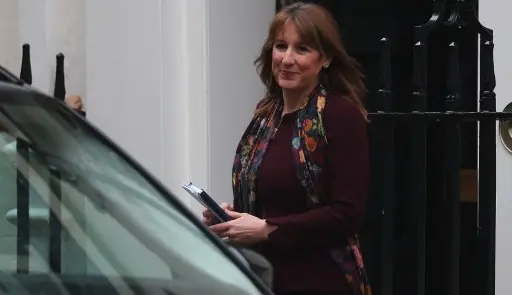On 10 October, the leader of the Belarusian opposition Sviatlana Tsikhanouskaya proposed to President Volodymyr Zelensky that an alliance be formed between Ukraine and a free & democratic Belarus – i.e. the interim cabinet formed under Tsikhanouskaya’s leadership in August this year. At the same time, she declared that Belarus should give up its political, economic and military alliance with Russia, and that Ukraine would win its war against the Russian aggressor. So far, the offer has not met with a high-level reaction from Kyiv. On 12 October Oleksiy Arestovych, an advisor to the Ukrainian presidential office, reacted positively to the Belarusian opposition leader’s appeal, while at the same time criticising the Ukrainian political class for “unfairly” holding Belarusians responsible for the pro-Russian policy of Alyaksandr Lukashenka. However the chairman of the Ukrainian parliament’s foreign affairs committee and member of the Servant of the Nation party Oleksandr Merezhko, together with another deputy from the same party Bohdan Yaremenko, stated that Ukraine could not recognise Tsikhanouskaya and her cabinet because the stance of the Belarusian opposition towards Russia remains unclear (including its failure to condemn Russia as a terrorist state); they also questioned the credibility of “certain people within her entourage”.
Read full article on OSW.WAW.PL






